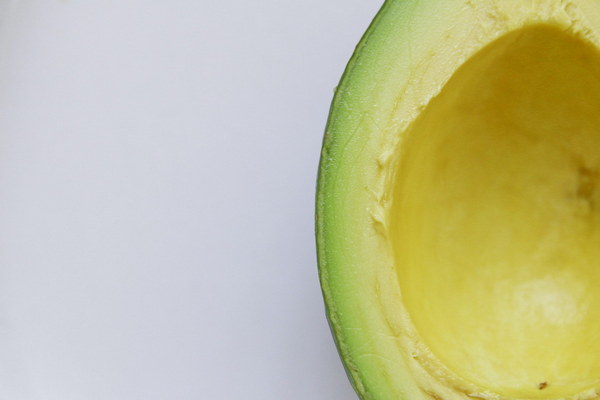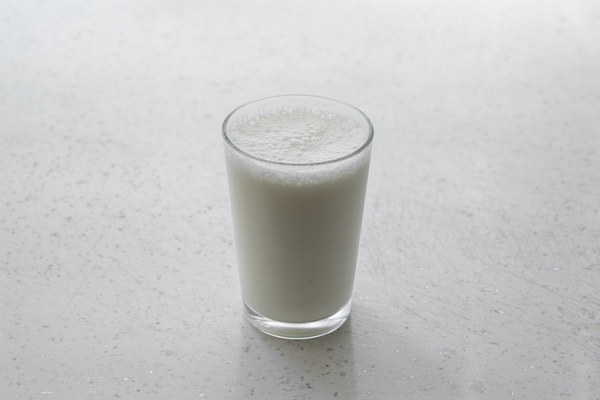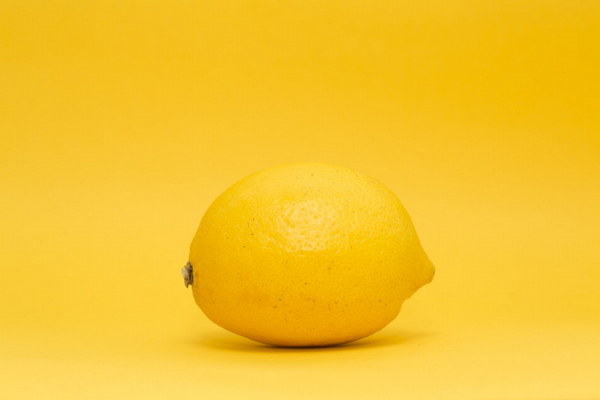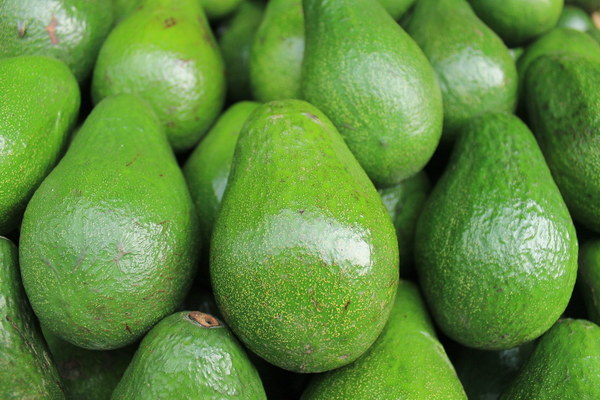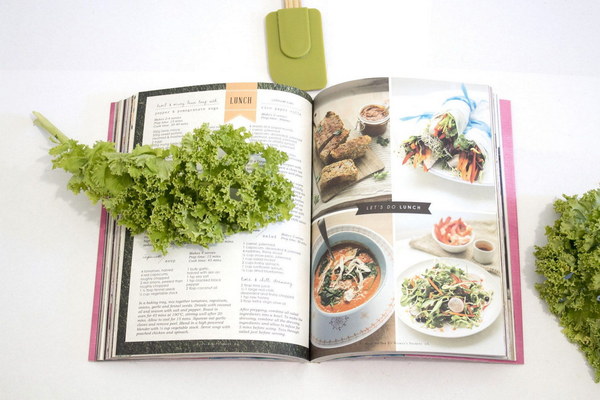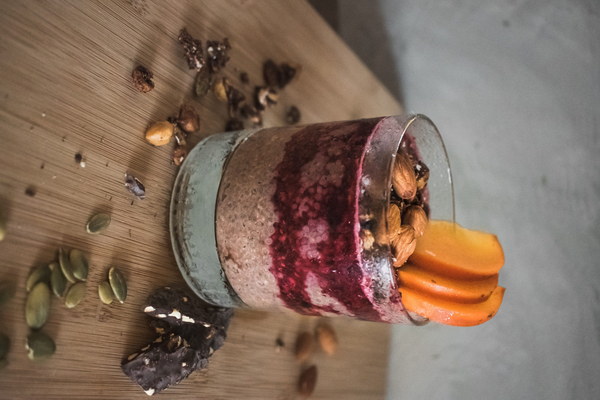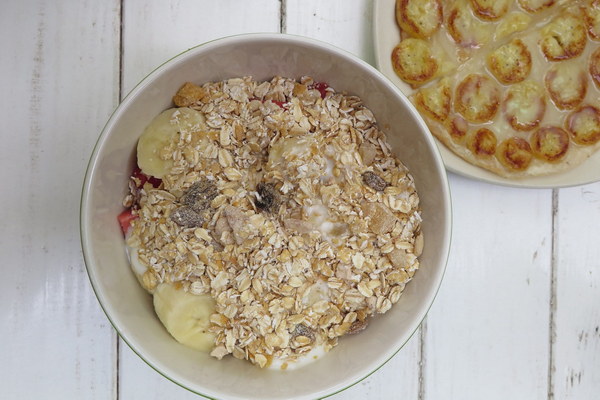Prostate Health A Nutritional Diet Plan to Prevent Benign Prostatic Hyperplasia
Introduction:
Benign prostatic hyperplasia (BPH) is a common condition among men as they age. It can lead to various symptoms such as frequent urination, urgency, and difficulty in urination. While there is no one-size-fits-all solution to prevent BPH, maintaining a healthy lifestyle and adopting a proper nutritional diet can significantly reduce the risk of developing this condition. In this article, we will discuss a nutritional diet plan designed to prevent BPH, focusing on foods that can help maintain a healthy prostate.
1. Foods rich in zinc:
Zinc is an essential mineral that plays a vital role in maintaining prostate health. Foods high in zinc include nuts, seeds, and legumes. Incorporate foods like pumpkin seeds, cashews, almonds, and chickpeas into your diet to ensure you are getting enough zinc.
2. Vitamin D-rich foods:
Vitamin D is crucial for maintaining a healthy prostate. Foods rich in vitamin D include fatty fish, egg yolks, and fortified dairy products. Aim to consume at least two servings of fatty fish per week, such as salmon, mackerel, or sardines, to meet your vitamin D requirements.
3. Lycopene-rich foods:
Lycopene is an antioxidant found in tomatoes and tomato products that has been shown to have a protective effect on the prostate. Include foods like tomatoes, tomato sauce, and tomato juice in your diet to boost your lycopene intake.
4. Selenium-rich foods:
Selenium is a trace mineral that has been linked to a reduced risk of BPH. Foods high in selenium include Brazil nuts, seafood, and whole grains. Consume Brazil nuts in moderation, as they are high in selenium, but ensure you are not exceeding the recommended daily allowance.
5. Flaxseeds:

Flaxseeds are a great source of omega-3 fatty acids, which have been shown to reduce inflammation and improve prostate health. grind flaxseeds into a fine powder and mix them into smoothies, yogurt, or oatmeal to add this superfood to your diet.
6. Green tea:
Green tea contains a compound called epigallocatechin gallate (EGCG), which has been shown to have anti-inflammatory properties. Drinking a few cups of green tea daily can help reduce the risk of BPH.
7. Vitamin E-rich foods:
Vitamin E is an antioxidant that has been found to have a protective effect on the prostate. Foods rich in vitamin E include nuts, seeds, and leafy greens. Include almonds, sunflower seeds, and spinach in your diet to ensure you are getting enough vitamin E.
8. Avoidance of certain foods:
Certain foods can exacerbate BPH symptoms and increase the risk of developing BPH. Avoid or limit the consumption of foods high in saturated fats, such as red meat, full-fat dairy products, and fried foods. Additionally, avoid caffeine and alcohol, as they can contribute to urinary frequency and urgency.
Conclusion:
Maintaining a healthy lifestyle and adopting a proper nutritional diet can significantly reduce the risk of developing benign prostatic hyperplasia. By incorporating zinc, vitamin D, lycopene, selenium, flaxseeds, green tea, and vitamin E-rich foods into your diet, you can help protect your prostate health. Remember to consult with a healthcare professional before making any significant changes to your diet or lifestyle.
